Your Ultimate Guide To HVAC Maintenance
Have you ever experienced your air conditioner breaking down during the warmest season of the year, or your heating going bad when the months are cold? If you haven’t yet, you surely want to avoid experiencing that.
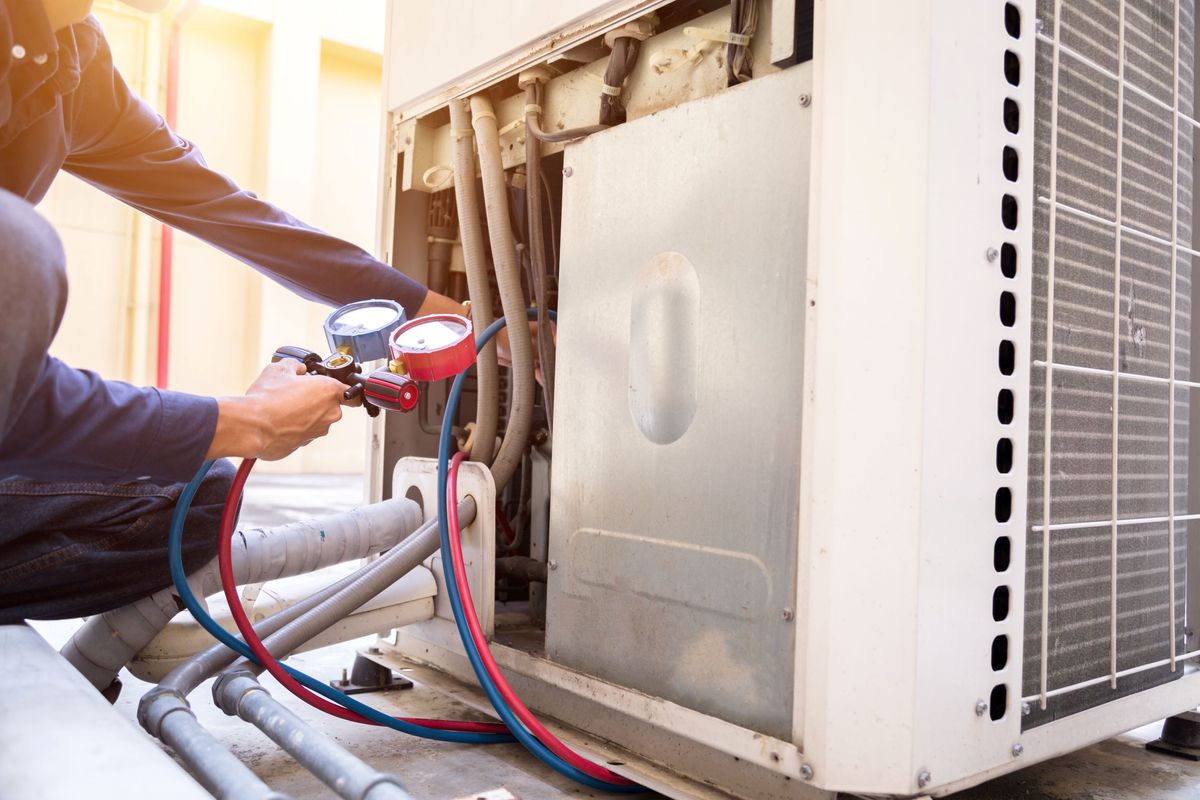
Have you ever experienced your air conditioner breaking down during the warmest season of the year, or your heating goes bad when the months are cold? If you haven’t yet, you surely want to avoid experiencing that. There are many reasons why this happens, but there’s one fail-proof way to reduce the likelihood of that untoward event happening: keep your HVAC system well-maintained.
If you have an HVAC system at home and you find it useful all year long, its upkeep should be optimal. However, staying on top of your HVAC system’s care and maintenance must be a concerted effort between the experts and the homeowners. Some are big tasks, others minor, but all of those are equally important.
So, how do you start giving your HVAC system better care?
Here’s an ultimate guide for maintaining your HVAC system, so you can prolong its life and enjoy its benefits before buying a replacement.
Schedule Professional HVAC Maintenance
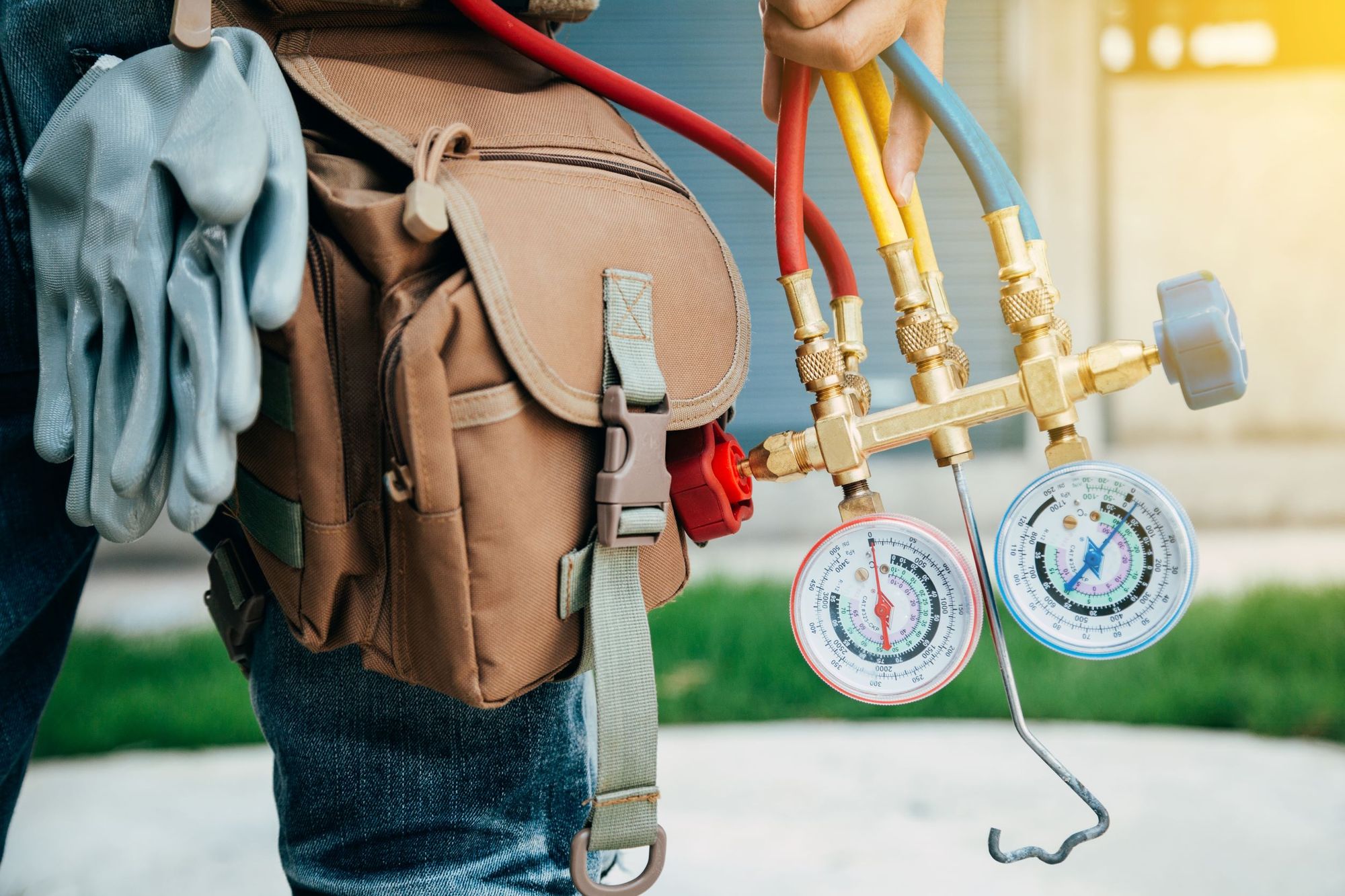
Ideally, you should check your HVAC unit at least twice a year. If you live in a four-seasoned country, spring is the best time to check the air conditioning system, while fall is for the heating. It is best to leave these to the experts as they can thoroughly maintain your HVAC unit through proper troubleshooting and inspection.
During these maintenance checks, the HVAC technician will typically perform the following:
- Inspect the gas pressure, heat exchanger, and burner combustion;
- Check the thermostat settings and calibration;
- Check the fuel line connections;
- Tighten all the electrical connections as advised;
- Check the refrigerant charge.
If it’s your first time scheduling a visit for HVAC maintenance, observe everything the technician does. If you feel like what they’re doing isn’t thorough enough, look for a more reliable service provider.
Know The Type Of HVAC System You Own
There’s no denying that HVAC technicians know more about its maintenance than you do. But it’s not enough to let them do all the work. Giving your HVAC system the best care possible entails effort from yourself as the homeowner. But before attempting to do any of the work yourself, it’s important to know what type of HVAC system you have.
There are many types of HVAC systems, each with different specifications. For example, your home could have a ductless mini-split system, or a window-attached wall unit, for the air conditioning. As for the heating system, you could either have an electric or a natural gas furnace. Different types of units require different maintenance procedures. Failure to follow the manufacturer’s instructions will be harmful to your HVAC system.
Waiting too long before the next HVAC maintenance schedule may only put your system at more risk. If you can’t take care of some minor troubleshoots in your unit, it may worsen some existing issues.
Change Your Filters Regularly
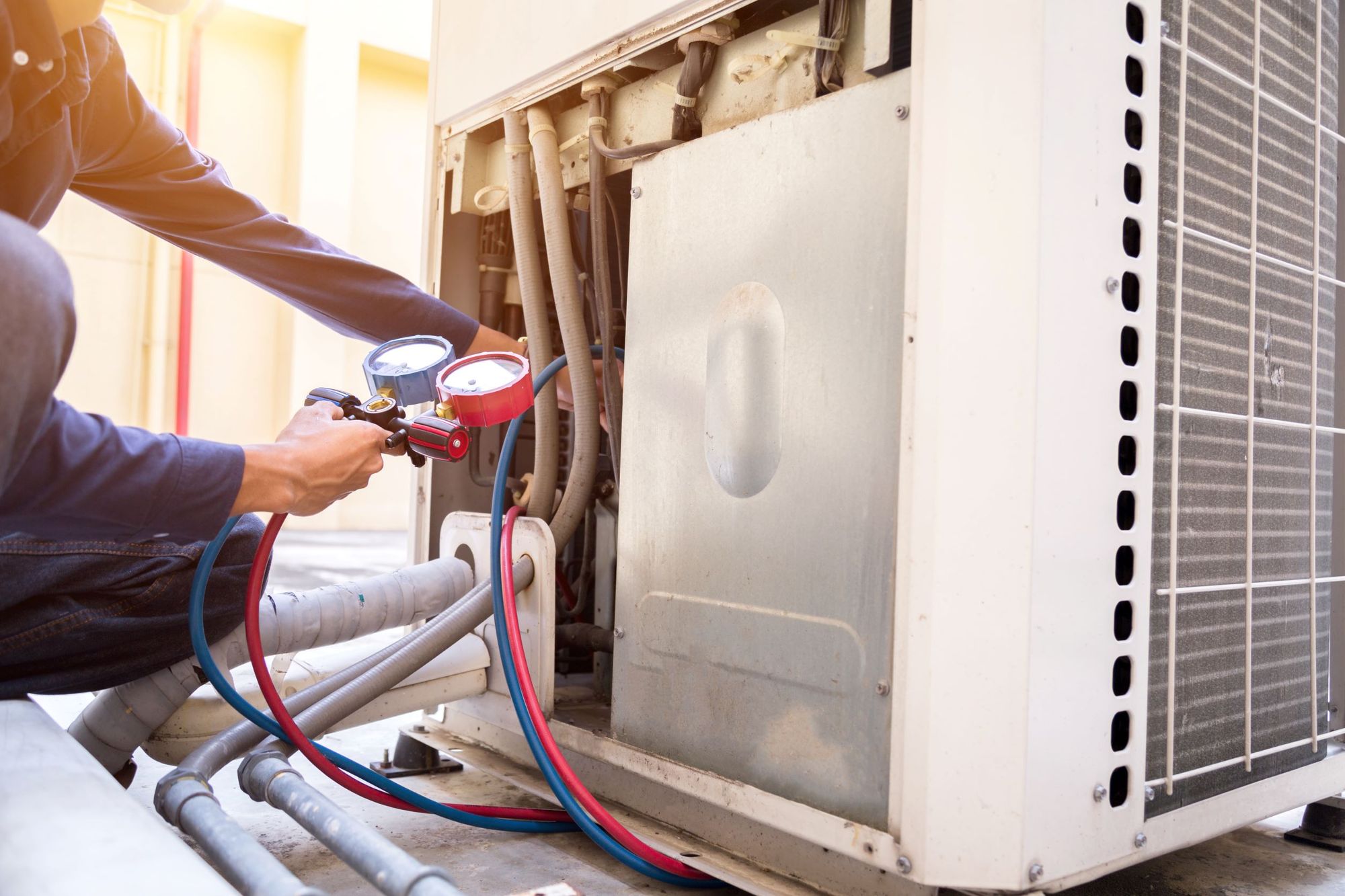
Even if your HVAC technician checks and cleans your filters twice a year, this doesn’t mean you shouldn’t do your part in checking them between those periods. The more you use your heating and air conditioning at home, the more you’ll have to check the filters. Otherwise, if the filters are dirty, you’ll be unaware of their negative effect on your home’s air quality.
Most HVAC units have a 30-day fiberglass filter or a three-month pleated one. That is why it is best to check them frequently. Once they’re dirty, replace the filters even if it’s still ahead of the scheduled maintenance check. When it's time to replace, you can contact reputable air filter suppliers near you to guarantee the quality of service you’ll receive.
Operate Your HVAC Unit At Optimal Temperatures
Overworking your HVAC unit is one of the main reasons why it’ll deteriorate sooner than expected. Hence, make sure you set your thermostat at an optimal temperature. It’s not only a matter of personal comfort but also ensuring your HVAC unit uses energy efficiently.
There’s no one-size-fits-all approach to this. It is recommended to follow your owner’s manual or call the manufacturer's hotline to determine the optimum temperature. It also matters where you’re located and what’s the current temperature in your area.
Clean The Condensing Unit
Most air conditioners have a condenser outside their home. With that placement, the condenser becomes exposed to all the outdoor elements. Condensing units have metal fins, which can get clogged up with grime, dirt, and pollen.
Clean your air conditioner’s condenser at least once every quarter. You can simply spray it with a water hose. However, note that you can only use a regular hose and not a pressure washer because doing so will likely damage your unit.
Aside from cleaning them, you can also fix any crowded or dented metal fins. This can be accomplished by giving pressure on each one with a dinner knife. To avoid damaging some sensitive parts of the condenser, do not insert the knife any deeper than half an inch.
Clear The Area Around The Condensers
Now that the condenser has been cleaned, you should pay careful attention to the surrounding area. Say you have a lot of trees in your backyard. It is anticipated that leaves and other debris will settle around the condenser over time, causing it to deteriorate.
To avoid this, rake the leaves or any debris that may gather. You can also cut back any branches and vegetation within at least two feet of the condenser. It can help ensure proper airflow around the unit, so your condenser doesn’t overheat. In the colder season, when the condenser isn’t in use, cover the top of the unit with plywood or plastic to prevent snow, leaves, and other debris from settling in.
Clean The Vents
You'll want to give close attention to the vents on top of the filters. You can clean the vents using the vacuum cleaner and its brush attachment. Vacuuming the vents can help stop dust and dirt from building up so that airflow isn’t obstructed.
Check the airflow frequently as you clean the vents to ensure it isn't too low. Once you notice the airflow weakening, call your HVAC service technician.
Check And Clean The Coils
Another part that plays an essential role in keeping your HVAC system running efficiently is the coils. When the coils are in good condition, it can help lower the cooling and heating costs while improving the overall air quality.
These are desired effects that come when the coils are clean. Like the filters, they have to be checked every so often so that you can clean them, too. Apart from being harmful to air quality, dirty coils can also cause a lot of damage to your whole HVAC system.
Inspect Your Window And Door Seals
An HVAC unit will always be overworked if there are gaps in the doors and windows brought about by broken seals. Because of these gaps, air can escape, rendering the HVAC system inefficient in cooling or heating an area.
Therefore, sealing gaps should be part of your HVAC maintenance process. There are minor gaps you can address yourself, but major issues must be entrusted to contractors.
Inspect For Any Moisture And Dust
Moisture and dust are the top enemies of your HVAC system. If you don’t pay close attention to any moisture and dust buildup, the lines and coils may get clogged with debris, which then turns into grime. It will become harder to clean those affected parts.
Check the pans of your HVAC system, as mold can develop. When you see any water near the pans, empty those pans so the drain lines won’t get clogged.
Replace Your HVAC System
Lastly, there’ll come a time when it'll fail despite all efforts to maintain your HVAC unit. This is expected, no matter how good your HVAC system's brand is. Remember, it’s still a machine, so upon purchasing, the supplier will most likely let you know its average lifespan, too.
With that said, once your HVAC system is already ancient, it’s time to replace it. You’ll also notice signs like the repairs are getting more frequent or that it’s no longer as energy efficient.
An HVAC unit usually has a ten-year lifespan, but this can differ according to brand and usage. If you want to know how well your HVAC is still performing, ask your service technician about it during each visit. You can then make a record based on that gathered data. That way, you can ascertain when buying a new unit is absolutely necessary.
Takeaway
A home’s HVAC system is one of the most important but expensive to repair and replace. There are many factors involving the upkeep of your HVAC unit, but it would cost you less if you do it regularly. The sooner you realize there’s a potential issue with your HVAC system, the sooner you’ll be able to address it. In return, your HVAC will perform better and have a longer useful life. You can apply the expert tips mentioned above and let this guide walk you through becoming a more responsible homeowner by thoroughly maintaining your HVAC unit.

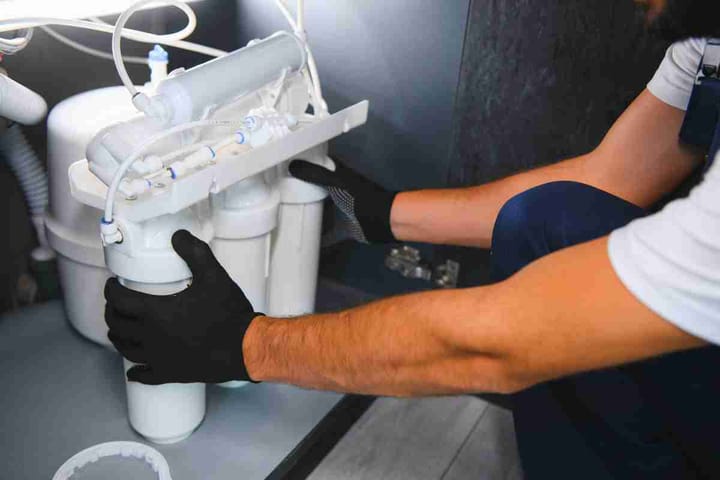
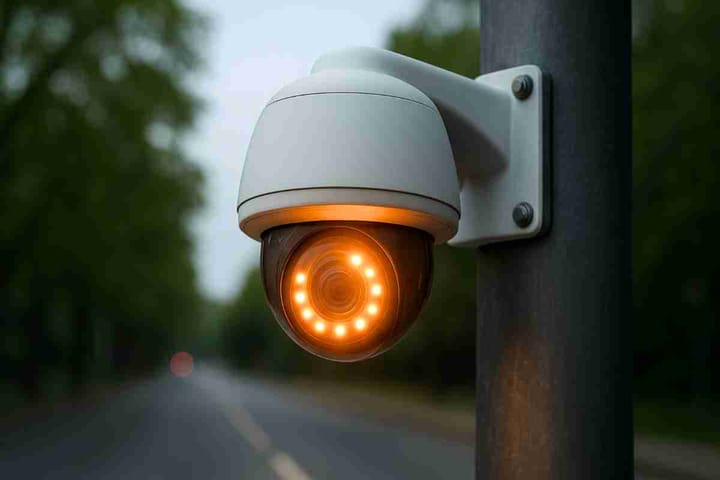
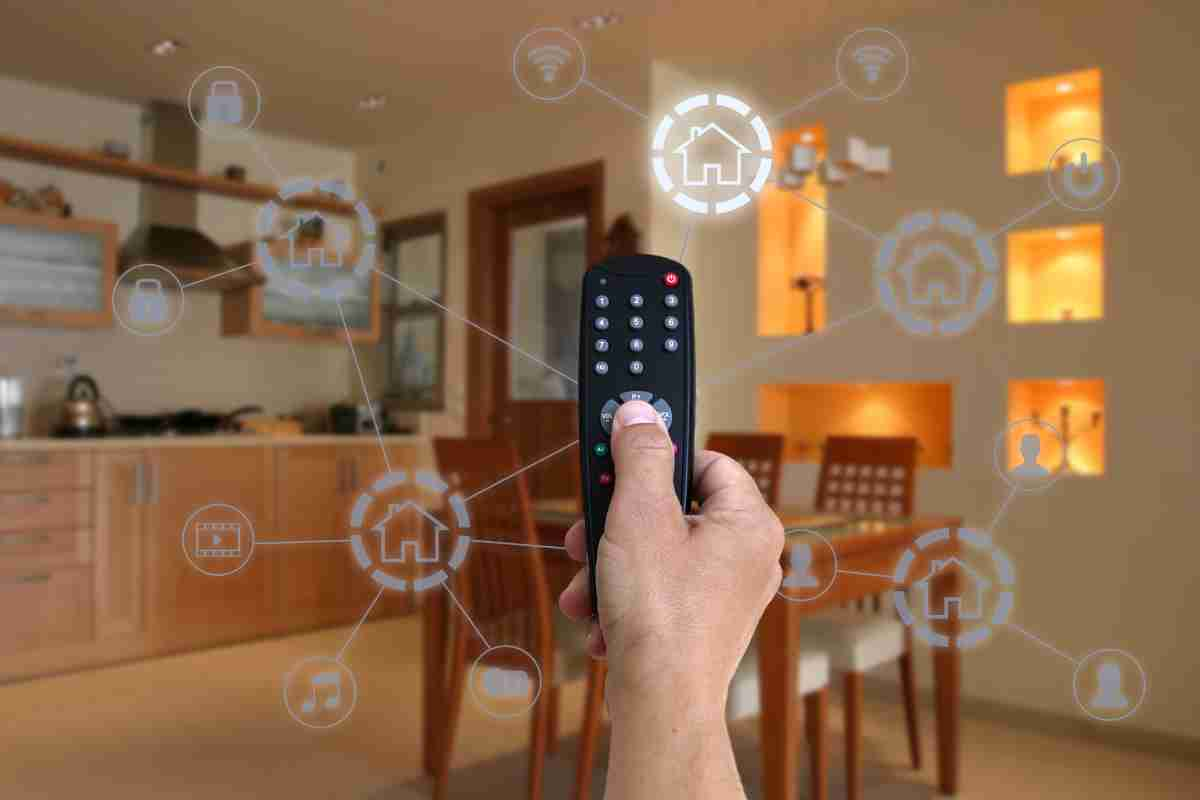
Comments ()